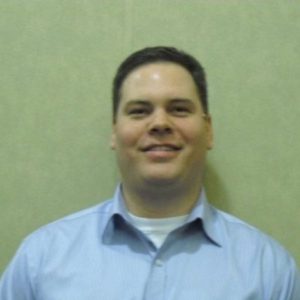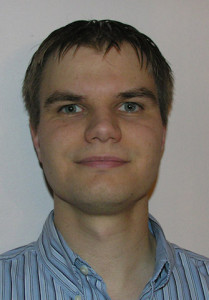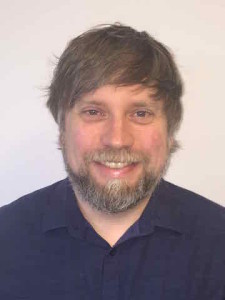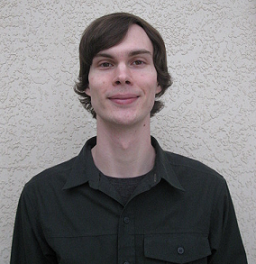McCall Milligan, Jim Nastos and
Jan O’Brien
Department of Institutional Research, Okanagan College
Data Analytics in Educational Institutions:
Building a Predictive Model for Student Enrolment
Time & Date: 4pm–5pm, Wednesday, December 7th, 2016
Location: E103, Okanagan College, 1000 KLO Rd., Kelowna, BC V1Y 4X8
Talk Abstract: Now more than ever, planning and decision-making is data, rather than gut, driven. While there are many existing models for regression, prediction and learning, choosing an appropriate model involves understanding the associated data deeply. Often, choosing a standard model is still insufficient if the analyst is not customizing their model to handle the intricacies of their data.
We describe our development process of a Markov chain and Dynamic Markov Chain-based model for predicting college enrolments. The model is compared and contrasted against previously-attempted models. We include a demo of using our interface into the model, which allows for roughly 600 configurations of parameters, and many additional override value options.
The ideas presented here are applicable to many dynamical systems involving population migration in a discrete-time process.
Speaker Biography: Jim Nastos earned his PhD from UBC Okanagan in Interdisciplinary Studies. He is currently a College Professor of Computer Science at Okanagan College, and previously worked as an Institutional Research Data Analyst at Okanagan College, a math and computer science lecturer at the UBCO and a math lecturer at the UAlberta. His academic research has been published in mathematics, computer science, physics, social networks, bioinformatics and marketing venues.
McCall Milligan earned his bachelor of Applied Mathematics at UBC Okanagan. He will be entering an MSc program in financial modeling and risk analysis in 2017. McCall is currently working as an Analyst at Okanagan College in the Institutional Research and Planning office.
Jan O’Brien is Manager of Institutional Research and Planning at Okanagan College. She has been in higher education for over 20 years, in Faculty, co-op education and administration. The department works with data to support planning and evaluation of college programming. Jan earned a Master of Science degree from the University of Leicester and a bachelor of business administration degree from Simon Fraser University. Before working in higher education, Jan worked in technology marketing in Vancouver.
Registration is open now: https://events.vtools.ieee.org/m/42254
Pizza will be provided after the talk. For further information please contact:
Youry Khmelevsky (email: youryNOSPAM@ieee.org)













